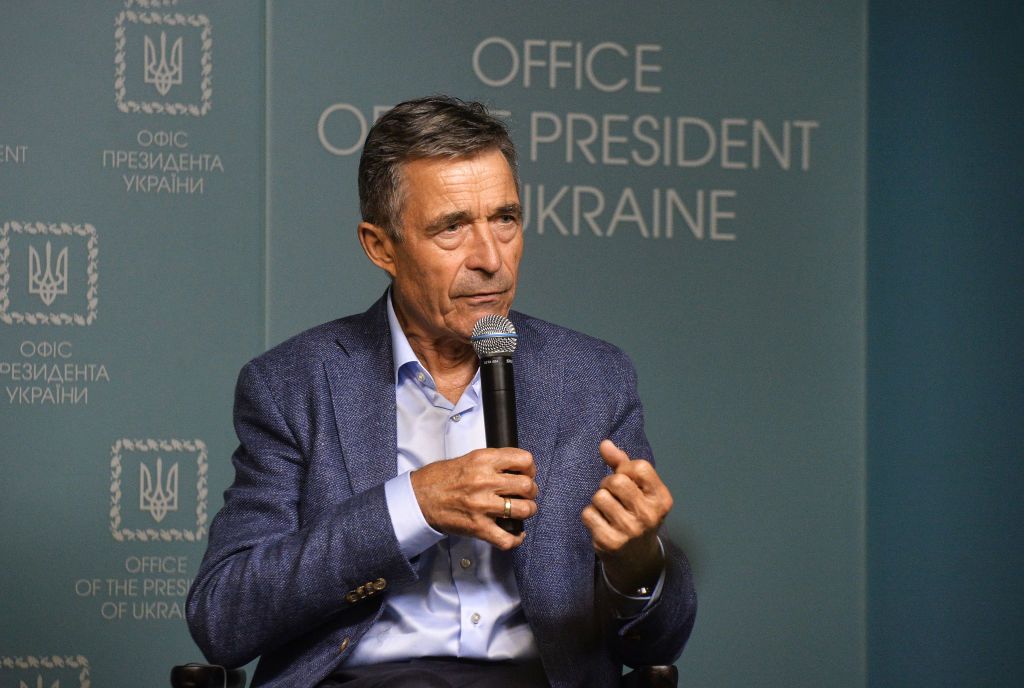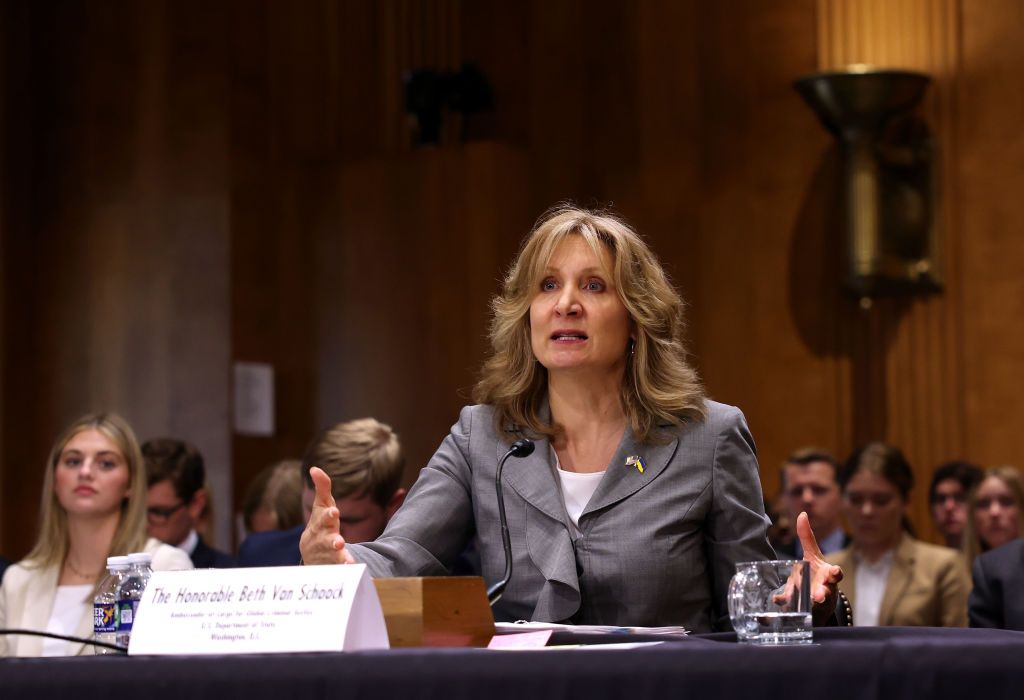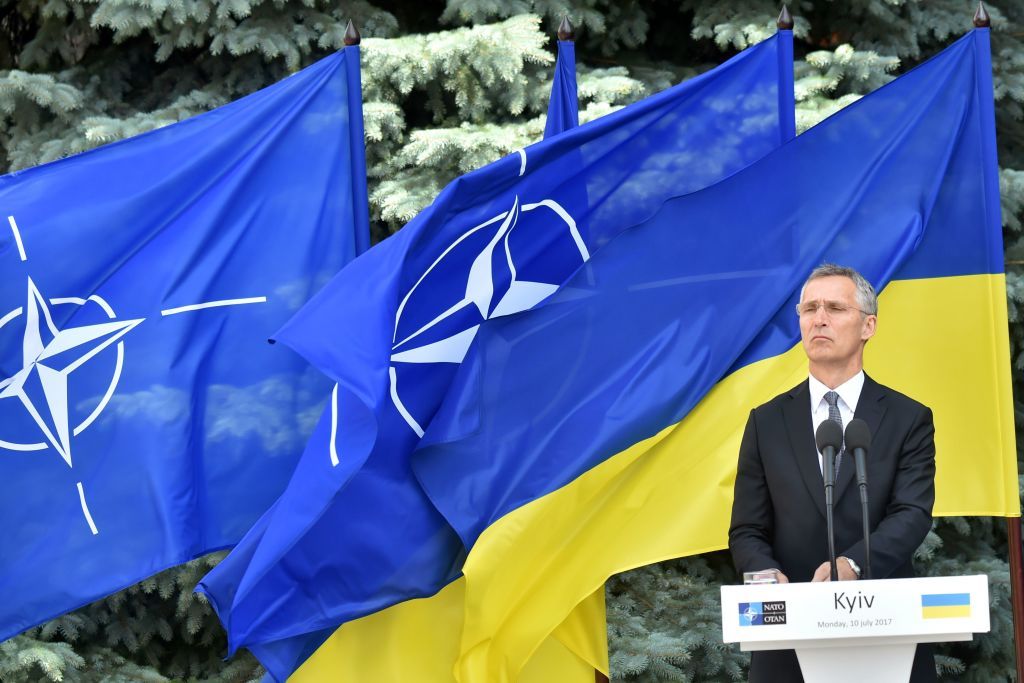Lesia Ogryzko: Ukraine’s case on expelling Russia from the UN

The Russian army’s blow-up of the Kakhovka dam, a strategically important facility providing water to southern Ukraine, Crimea, and the Zaporizhzhia Nuclear Power Plant, shocked Ukraine and the world.
Another shocking development that did not go unnoticed by Ukrainians and the country’s officials was the only tweet by the UN’s official Twitter account that morning, celebrating Russian Language Day. The irony could not be greater.
What is already clear to observers is that we are dealing with the biggest technogenic disaster in Europe of the past few decades – ecocide and a war crime committed by one of the UN Security Council’s (UNSC) permanent members.
This again triggers the discussion about the need to reassess Russia’s participation in various UN bodies. Otherwise, the further erosion of the UN system is inevitable.
Since the break-up of the Soviet Union, Russia has illegally occupied its seat in the UN as it did not undergo the accession procedures required of the organization. For the past 30-some years, Russia has neither signed the UN’s 1945 founding Charter nor been voted a member by the UN General Assembly (UNGA). It has merely changed its nameplate from the “Soviet Union” to the “Russian Federation.”
The issue of resolving Russia’s fictitious UN membership started gaining momentum after its full-fledged aggression against Ukraine. Over the past year, several world leaders have urged expelling, or at least limiting the rights of, Russia in the UNSC. Last month, UN Secretary-General Antonio Guterres said it was time to reform the UNSC to align with the “realities of today’s world.”
The difficulty of changing the UN system from within and the high-level nature of expulsing countries is tremendous. Typically, when speaking with UN officials on the matter, the simplistic “impossibility argument” comes into play. However, a closer look at the UN’s history and legal provisions debunks this position.
There are three examples of the UN having terminated or transferred a state’s membership.
In 1971, the UNGA recognized the People’s Republic of China (PRC) as the “only legitimate representative of China to the United Nations,” replacing the Republic of China (ROC) as a permanent member of the UNSC.
In 1974, the UNGA voted to suspend South Africa’s participation in the session amid human rights violations connected to the country’s apartheid practices. The suspension was reinforced annually by the UNGA for the next two decades.
Finally, former Yugoslavia and Czechoslovakia were replaced within the UN by their successor states via the UNGA.
While the most apparent process would be to expel Russia via the UNSC, Russia would obviously exercise its veto power. Therefore, the optimal way would be via the UN Credentials Committee as, despite Russia’s permanent membership status, the decision would be made through a simple majority vote, meaning it could determine that Russia’s participation in the current UNGA session is unlawful and would be obliged to report as such. Subsequently, Ukraine and its allies would need to garner support for Russia’s suspension, after which the practice could be extended annually.
This scenario would resolve many challenges at once.
First, it would prove wrong the UN critics who believe the organization is a shadow of its former self and, with every subsequent crisis, resembles its predecessor, the League of Nations.
Second, it would unblock the UNSC, entrusted by the international community to safeguard global peace and security. Russia’s expulsion would mean that it can no longer use its veto power, a tool that it uses more than all other permanent member states combined.
Third, and most importantly, Russia’s expulsion would significantly contribute to the international community’s ability to punish perpetrators – a powerful and much-needed signal to all international villains.
Ukraine has received many “no’s” from other countries throughout the past 16 months of Russia’s full-scale invasion. However, just like with the provision of anti-missile systems, tanks, fighter jets, EU candidacy, and other seemingly impossible requests, Ukraine has proven one thing: where there’s a will, there’s a way.
The UN battle is still to be fought, but with the proper international support, Ukraine can defeat Russia in this arena, too.
Editor’s Note: The opinions expressed in the op-ed section are those of the authors and do not purport to reflect the views of the Kyiv Independent.













